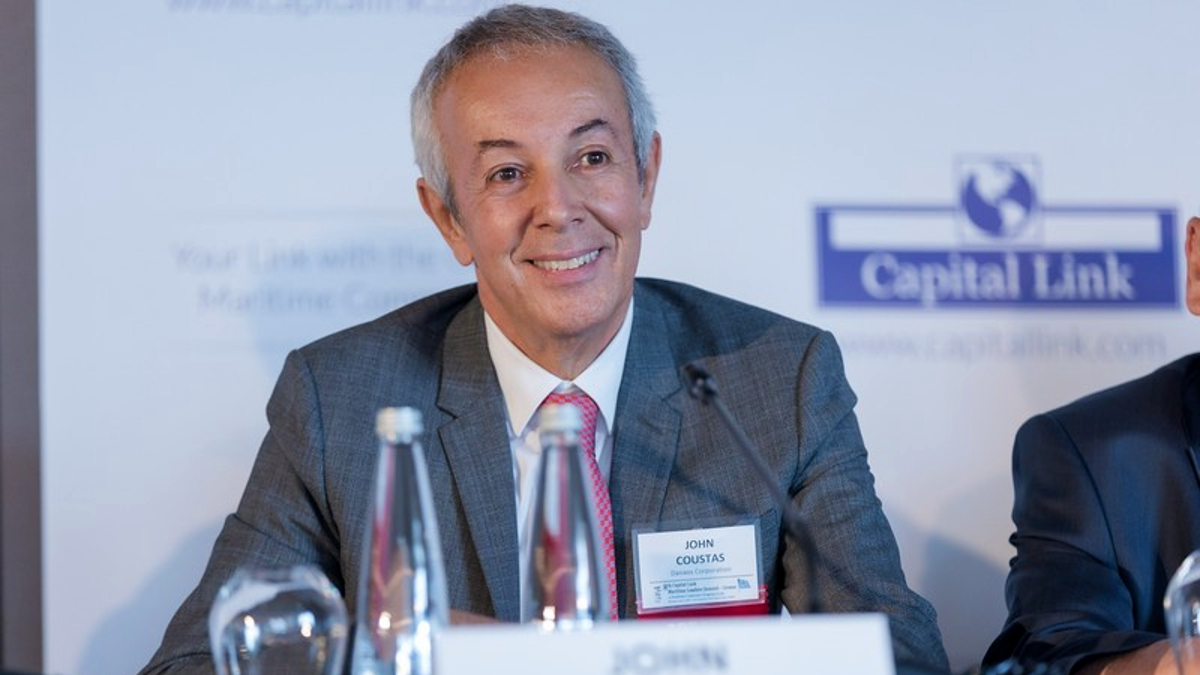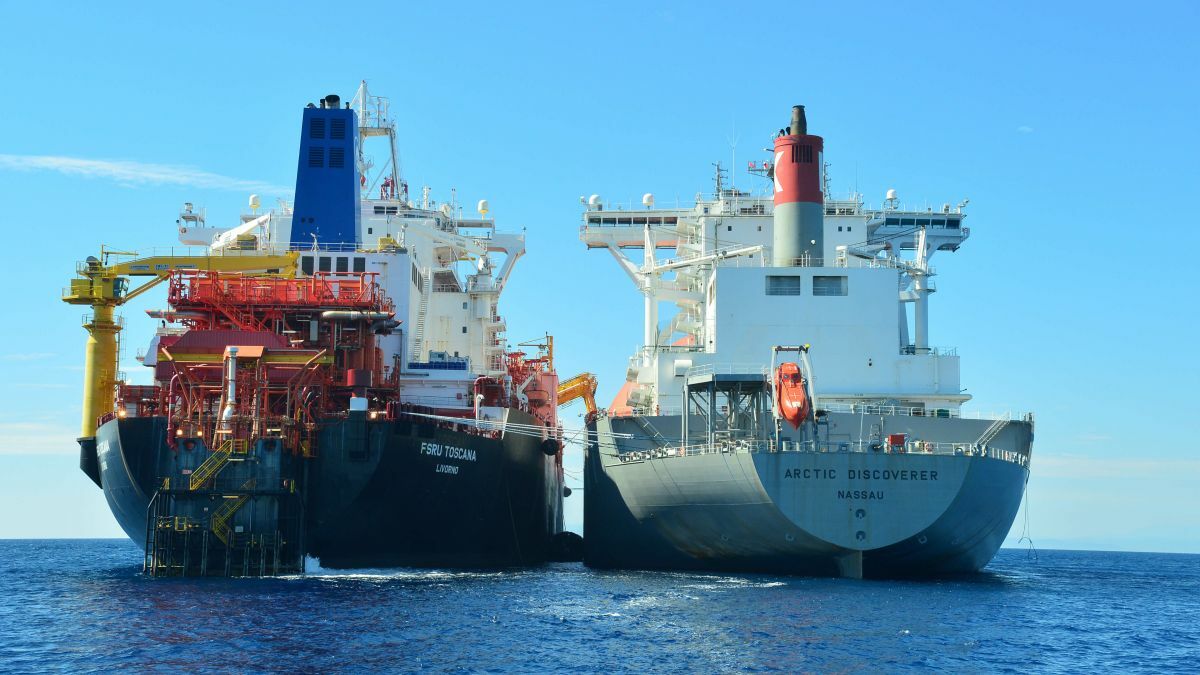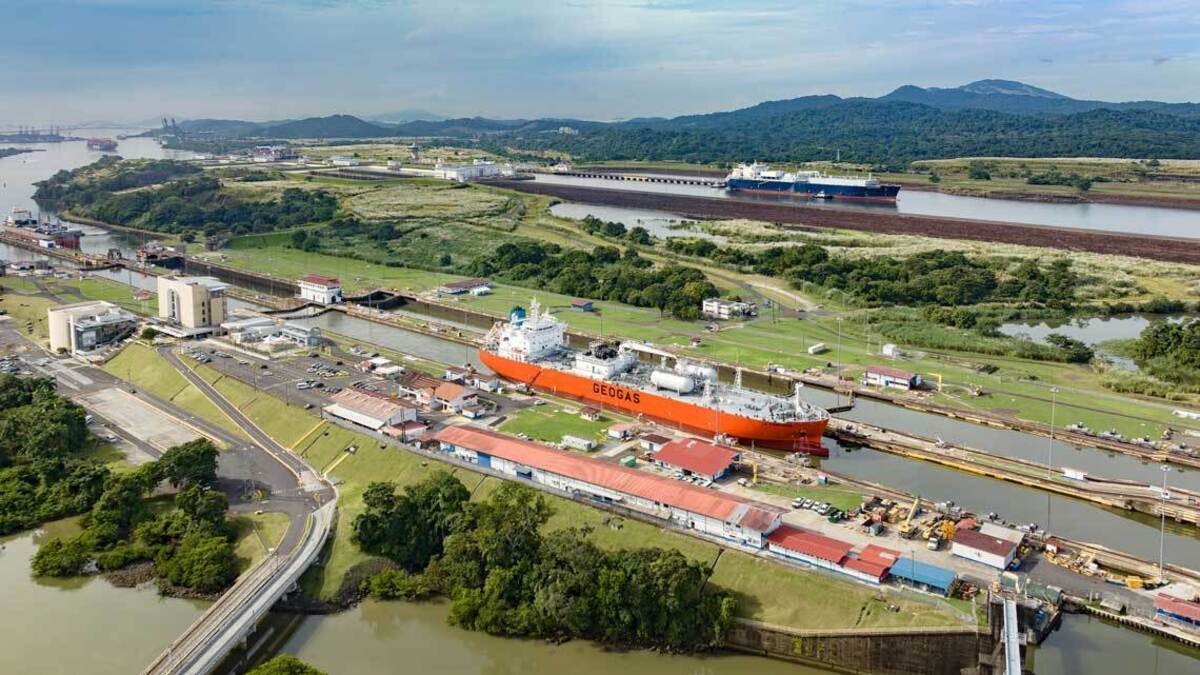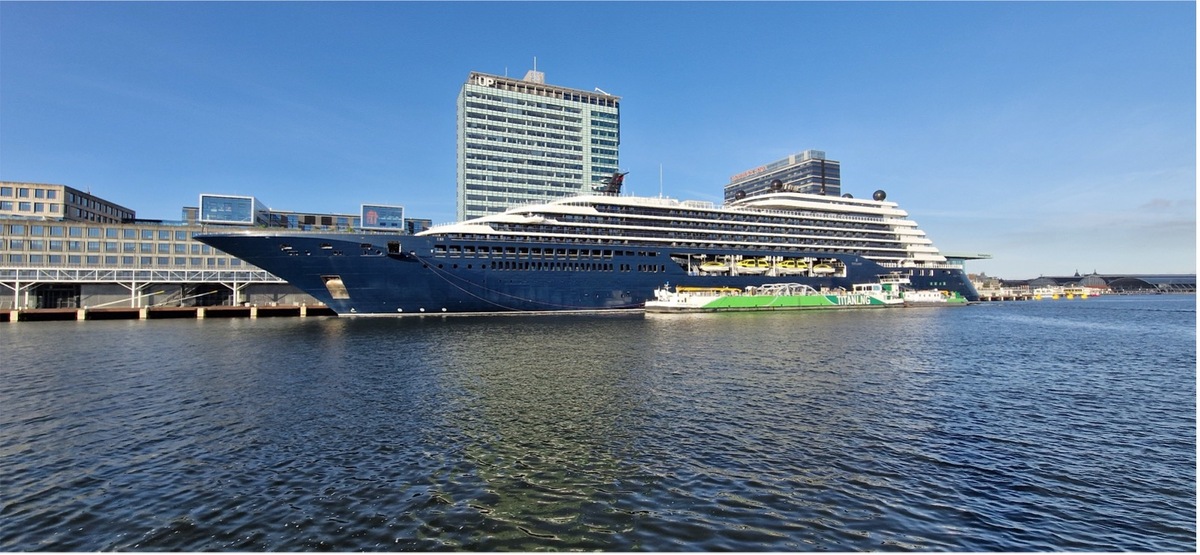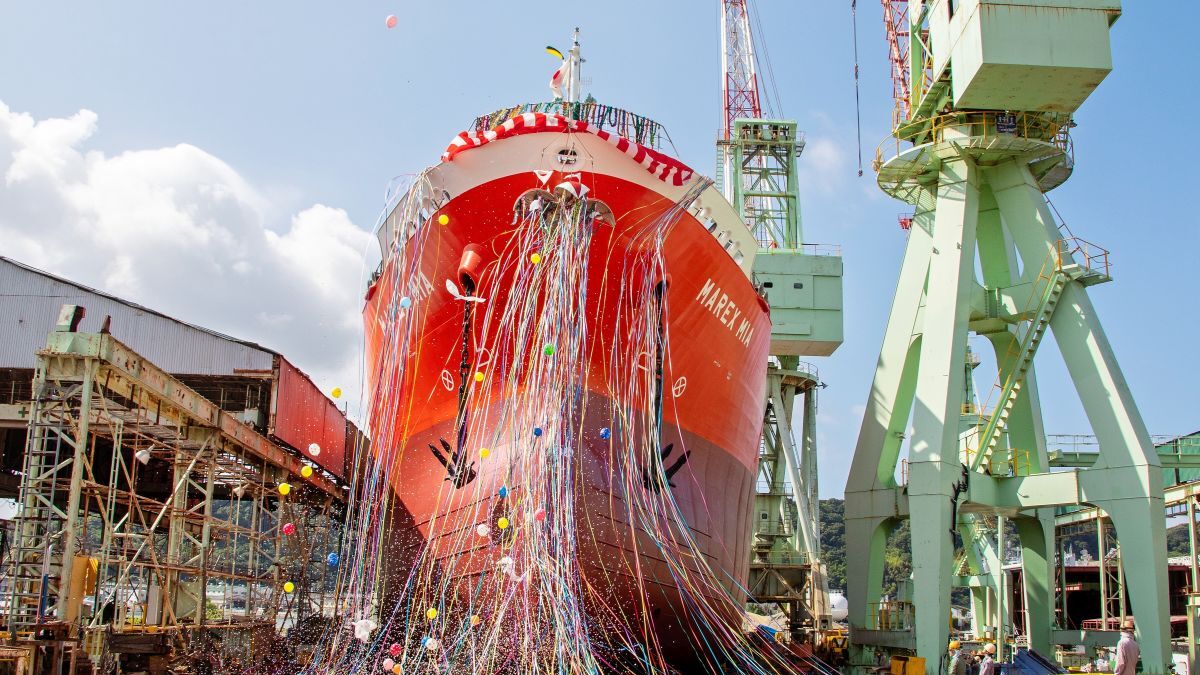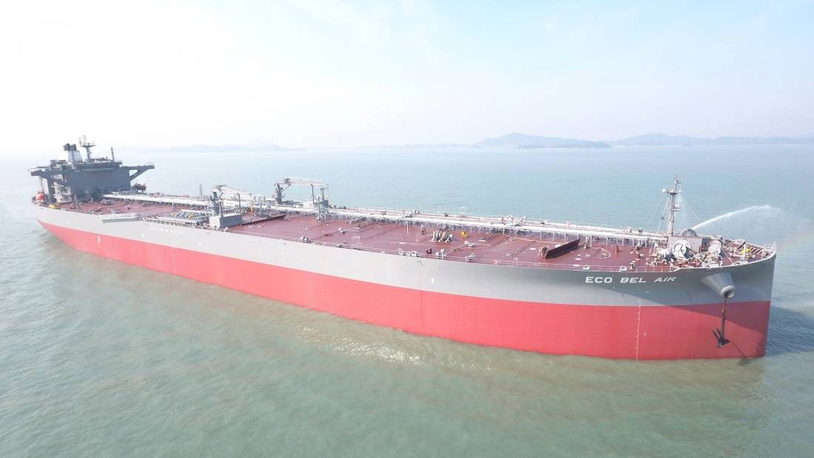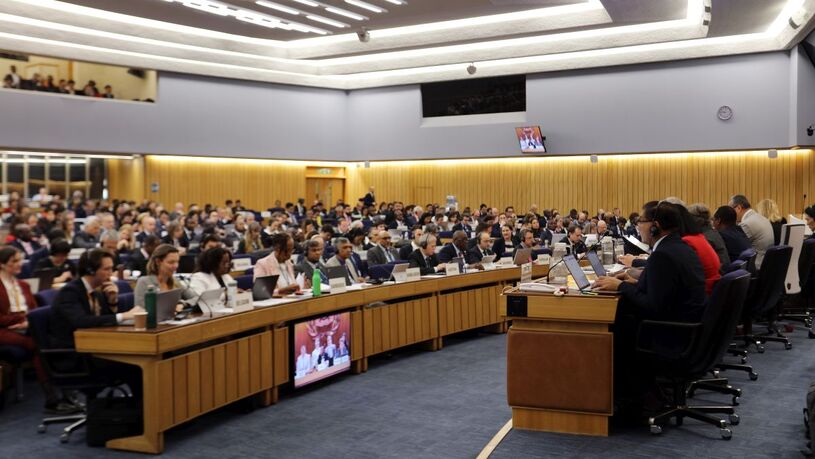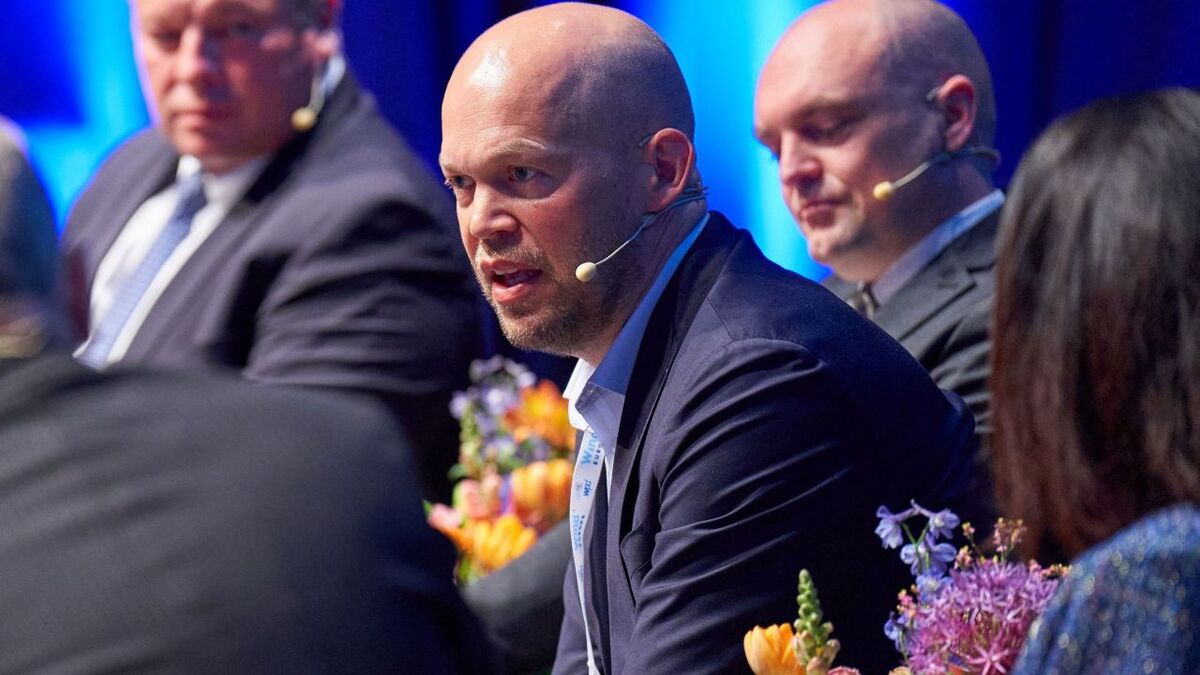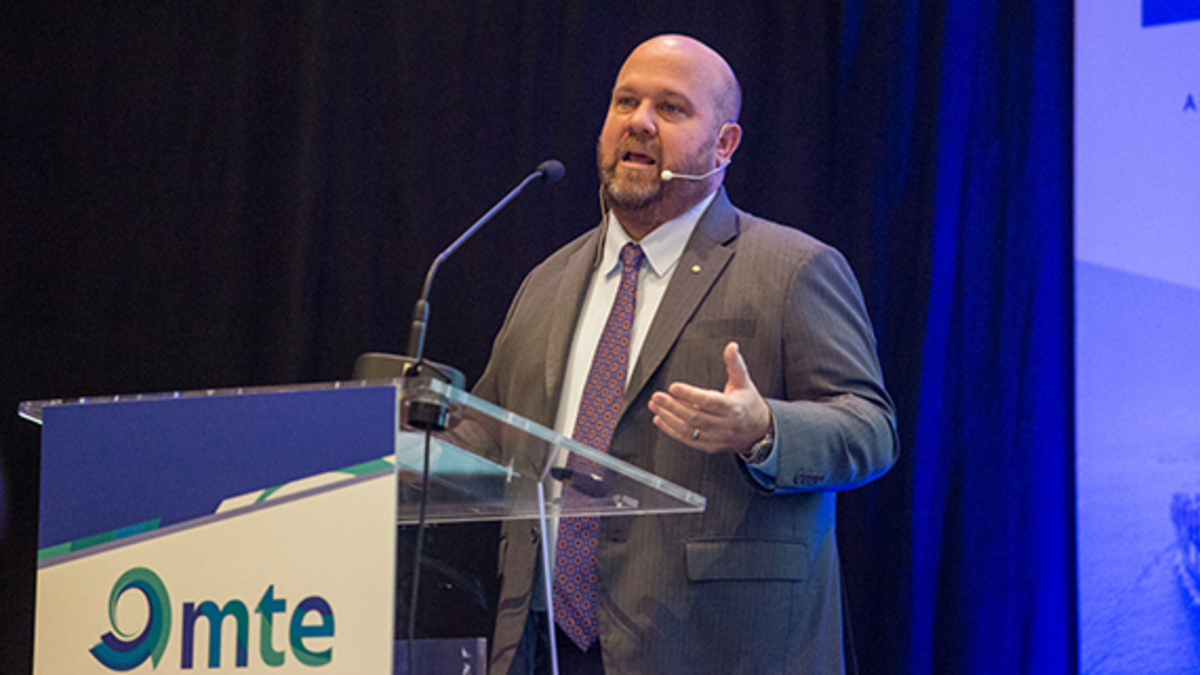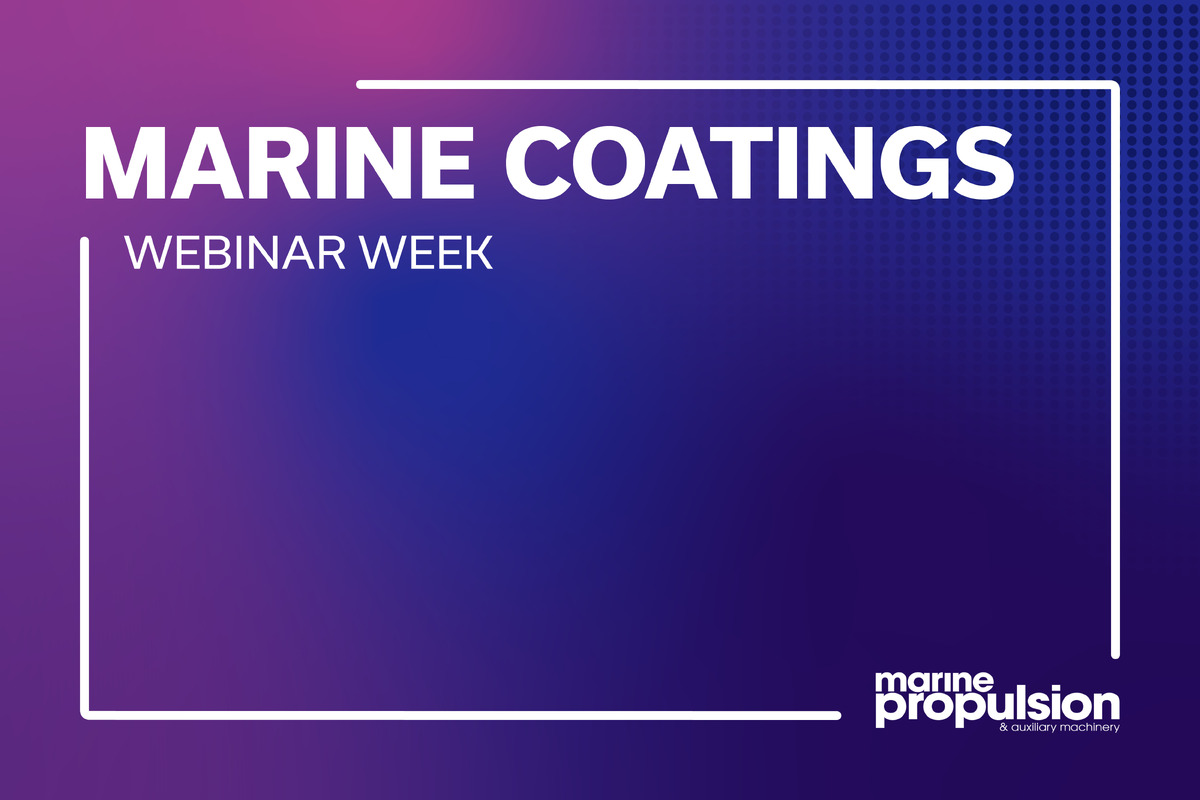Business Sectors
Contents
Register to read more articles.
'It falls short': Danaos' Coustas raises doubts over IMO's new regulatory framework
Danaos Corp chief executive John Coustas has voiced strong criticism of the proposed IMO regulations on greenhouse gas emissions, aligning with the broader caution expressed by the Greek shipping community following the MEPC 83 discussions
“Unfortunately, the regulation falls short of the industry’s more ambitious proposals and is unlikely to drive meaningful progress on decarbonising our industry,” said Dr Coustas during the company’s Q1 2025 earnings announcement.
The head of the US-listed Greek shipping company emphasised there is “limited incentive to use expensive green fuels,” noting LNG “has not been meaningfully prioritised.” Riviera recently reported similar concerns from the Greek shipowning community regarding the treatment of LNG within IMO’s regulatory framework.
Dr Coustas argued the proposed rules provide little clarity on the fuel of the future. “At present, conventional scrubber-fitted vessels remain the default option under what is, in essence, a ‘pay to pollute’ framework,” he added.
Given this regulatory uncertainty, Danaos is currently refraining from new vessel investments and instead focusing on optimising the performance of its existing fleet.
Nevertheless, the company is progressing with its significant newbuilding programme: 15 methanol-fuel-ready, scrubber-fitted container ships scheduled for delivery through 2028. All vessels under construction have secured multi-year charter agreements, with an average duration of approximately 5.3 years.
Bulk carriers weigh on performance
Commenting on current market dynamics across the container vessel and dry bulk sectors, Dr Coustas cited continued global disruptions, including armed conflicts and the uncertainty of tariffs.
However, he also highlighted the resilience of the US economy. “As long as American consumers continue to spend, we anticipate trade flows will rebound, with depleted inventories eventually driving a surge in demand,” he noted.
Focusing on dry bulk, Dr Coustas acknowledged a modest recovery from early-year lows, but expressed caution about the outlook. “A meaningful and sustained recovery will be challenging absent further growth initiatives in China,” he said.
In Q1 2025, Danaos reported operating revenue of US$253.3M, nearly flat compared to US$253.4M in the same quarter last year. Net income fell to US$115.1M from US$150.5M in Q1 2024. The company attributed this decline primarily to underperformance in its bulk carrier segment.
While container vessels contributed US$119.0M to net income, the bulk fleet registered a net loss of US$6.5M.
Despite this, Danaos added US$525.0M to its contracted revenue backlog over the past quarter, bringing total contracted cash operating revenues to US$3.7Bn. The company has secured charter coverage for 99% of its container vessel fleet for 2025 and 85% for 2026.
Star Bulk investment
Danaos has also increased its stake in fellow Greek and US-listed firm Star Bulk Carriers, acquiring an additional 2.0M shares on the open market for US$27.8M. This brings its total holding to 6.1M shares, representing a 5.2% ownership stake. The move follows a similar increase by Norwegian shipping magnate John Fredriksen, who recently boosted his stake in Star Bulk to 11.4%.
Separately, Danaos declared a Q1 2025 dividend of US$0.85 per share of common stock and continued its share buyback programme. Since 31 March, the company repurchased 264,605 shares in the open market for US$19.4M.
Danaos currently operates a fleet of 74 container vessels with a combined capacity of 471,477 TEU, along with 15 newbuildings. The company also owns 10 Capesize bulk carriers, totalling approximately 1.8M dwt.
Sign up for Riviera’s series of technical and operational webinars and conferences:
- Register to attend by visiting our events page.
- Watch recordings from all of our webinars in the webinar library.
Related to this Story
Events
LNG Shipping & Terminals Conference 2025
Vessel Optimisation Webinar Week
Marine Coatings Webinar Week
© 2024 Riviera Maritime Media Ltd.


